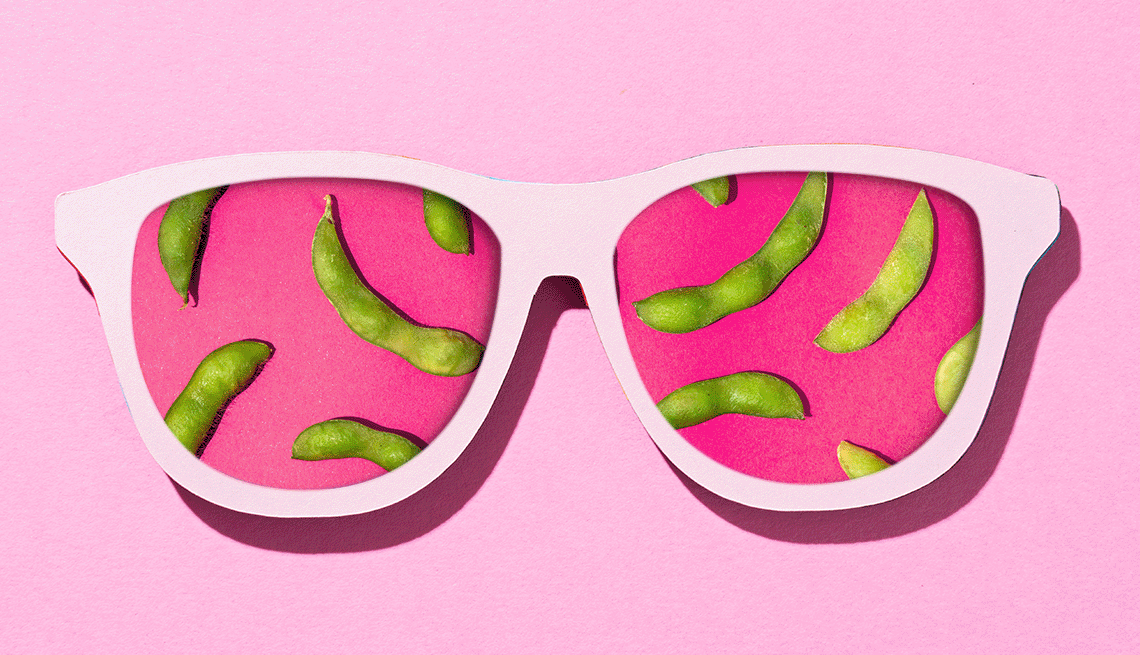AARP Hearing Center


David Sheppard, 60, owner of a website in Baldwin Park, California, spends a lot of time online. But four years ago, he noticed that his eyes were red and irritated, and he had a hard time seeing after just a short time on his computer. His vision issues turned out to be due to age-related macular degeneration (AMD). It happens when aging damages the macula — the part of the retina that controls the direct line of sight — causing blurring and the eventual loss of central vision.
Sheppard’s doctor prescribed him a cocktail of specific vitamins shown to slow the progression of AMD. “Within a month or so I started to feel the difference,” he says. “I’ve learned that it’s very important to keep up with eye health, especially at my age and line of work.”
Not everyone over 50 needs to take a supplement to preserve their vision. But some nutrients seem to be essential for healthy eyes.
The superstars of eye nutrition are disease-fighting antioxidants like vitamins C and E, which reduce damaging oxidation and protect the eyes from conditions like AMD and glaucoma. “Whether it’s UV light from the sun, smoking or exposures in our diets, our cells are undergoing oxidative stress,” says Michelle Andreoli, M.D., an ophthalmologist at the Northwestern University Feinberg School of Medicine and a clinical spokesperson for the American Academy of Ophthalmology.
Foods Rich in Vitamins That Help Vision
- Vitamin A: Carrots, winter squash, sweet potatoes
- Vitamin E: Oils, nuts, sunflower seeds, avocado
- Vitamin C: Kiwi, strawberries, broccoli, kale
- Zinc: Lentils, seeds, meat, seafood, dairy products
- Lutein and zeaxanthin: Berries, broccoli, papaya, peaches, mangoes
- Omega-3 fatty acid: Salmon, mackerel and sardines, walnuts, chia seeds, flaxseed, canola oils
“Plant pigments like beta carotene and lutein are also thought to be important,” says Elizabeth Johnson, adjunct associate professor at the Tufts University Friedman School of Nutrition Science and Policy.
To keep your vision keen, Andreoli suggests filling your plate with dark-colored fruits and vegetables — "the spinaches, kales and blackberries of the world,” she says. “Eat things that crunch — and the darker they are, the better they are for you.”
Here are the six top vitamins that promote eye health and the best ways to get them. Because many vitamins and supplements can interact with prescription drugs, make sure you check with your doctor before starting any new ones.








































































More From AARP
AARP Vision Center
Expert information on vision health including cataracts, glaucoma and moreCorrecting Your Vision Could Lower Alzheimer’s Risk
Addressing vision loss may help stave off dementia
How to Protect Your Vision
21 ways to take charge of your eye healthRecommended for You